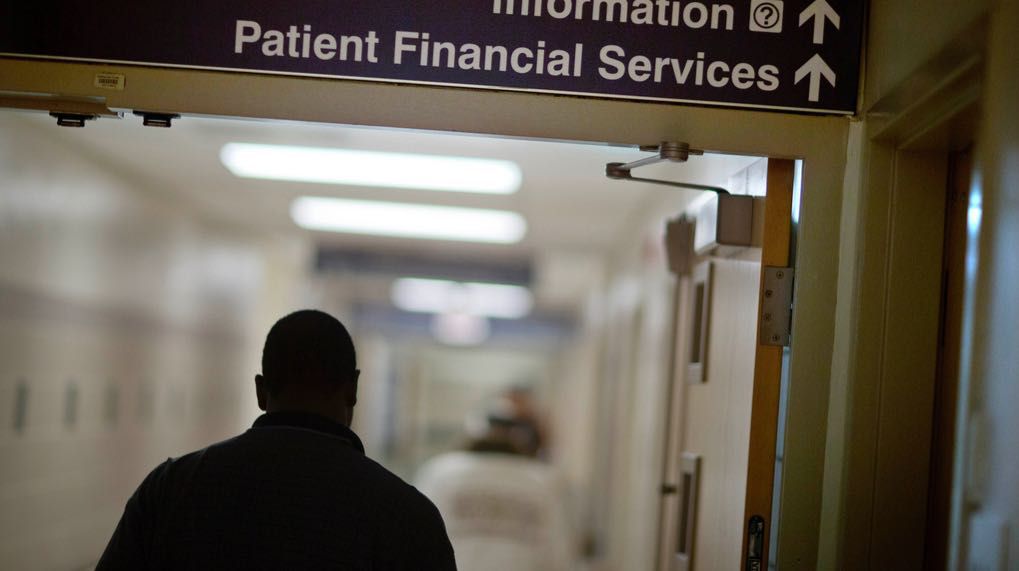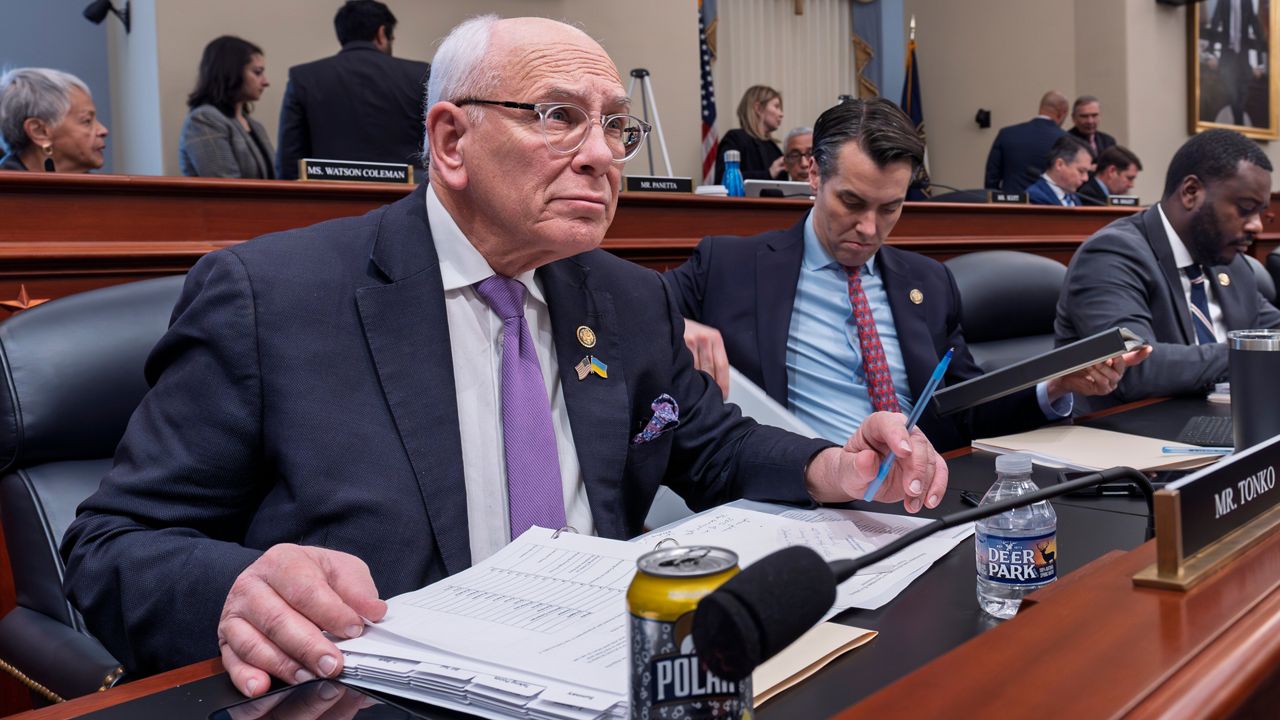The Emergency Rental Assistance Program, or ERAP, is funded by $2.4 billion from the federal government and another $100 million in state funds. Its purpose is to steer money to landlords and utilities whose tenants and customers have been unable to foot their bills during the pandemic.
According to Senator Brian Kavanagh, Senate Housing chair and author of the language creating ERAP, it’s much more generously funded than its predecessor program, the “Emergency Rent Relief Act,” which was heavily criticized because its parameters were so narrowly defined.
“The last program was done at the very beginning of the pandemic and there was not a good sense of who would be eligible, and there was very limited money, about $100 million,” Kavanagh explained.
Laura Felts, co-director of United Tenants of Albany, told Capital Tonight earlier this month that the old program may have only reached 1% of needy tenants.
“We didn’t know a single a person in our community who successfully received money from the (old) program,” Felts said. “It’s been an extremely inaccessible, burdensome, ineffective program, so we are happy to see something that will hopefully be a bit more accessible.”
ERAP will be more accessible simply by nature of its size.
“It’s intended to cover the full arrears of tenants who had trouble paying their rent during the pandemic. It also covers a year of utility payments,” Kavanagh explained. “And unlike the last program, we’ve had a lot of time for the state to prepare, to develop the application process and the outreach program.”
The New York State Office of Temporary Disability Assistance (OTDA) is charged with creating the mechanics of the program and establishing an online application portal.
Kavanagh couldn’t say when the portal would be open and accepting applications.
Jaime Michelle Cain, an attorney with the law firm Boylan Code in Rochester, and a coalition leader for “Under One Roof,” a landlord group, said she hopes OTDA gets the program off the ground soon.
“In a nutshell, we’re excited for the opportunity to try to get some of the tenants and landlords help and relief,” Cain told Capital Tonight.
She says timing is critical because small landlords who can no longer stay afloat are selling to large equity firms, or out of state conglomerates.
“What you’re starting to see is a lot homegrown landlords who are in their own backyards and available to tenants, are now out of the market.”










